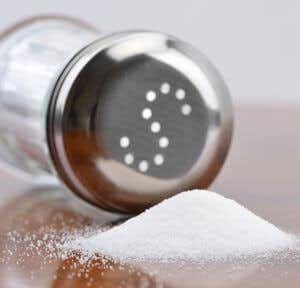
Sodium and salt intake continues to be controversial.
No Obvious Link Between Sodium Intake and Mortality
A 10-year study of 2,600 older adults in Georgia started with an assessment of how much salt the volunteers were eating. The scientists then tracked how many people developed strokes, heart attacks or heart failure and how many died. Although they looked closely at salt consumption, there was no statistically significant association between the amount of sodium in a person’s usual daily diet and their risk of death or disease.
Data Do Not Support Public Health Diet Dictocrats
These data run counter to public health pronouncements encouraging everyone over 50 to dramatically restrict salt consumption to below 1500 mg of sodium daily. Since all the volunteers were at least 71 years old when the study began, it does not seem that older people are especially sensitive to sodium.
Trying to get older adults to cut back on salt may not make a great deal of difference for their health, but it might reduce the palatability of many favorite foods.
The study authors conclude:
“Our data emphasize the need for stronger evidence, preferably from rigorous controlled trials testing additional thresholds for sodium intake, before applying a policy of further sodium restriction to older adults beyond the current recommendation for the general adult population (2,300 mg/d).”
[JAMA Internal Medicine, online Jan. 19, 2015]
This is only the latest piece in a complicated puzzle. You may wish to read what we have written about salt, sodium and its connection to health.

